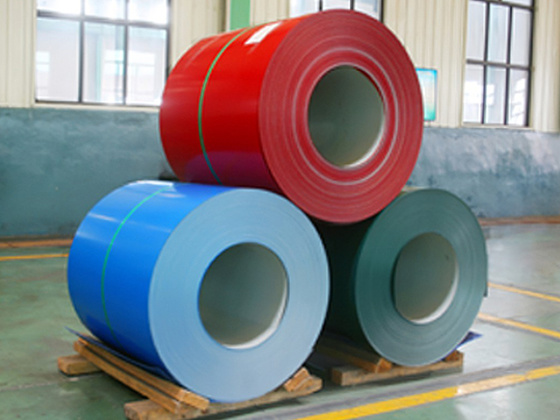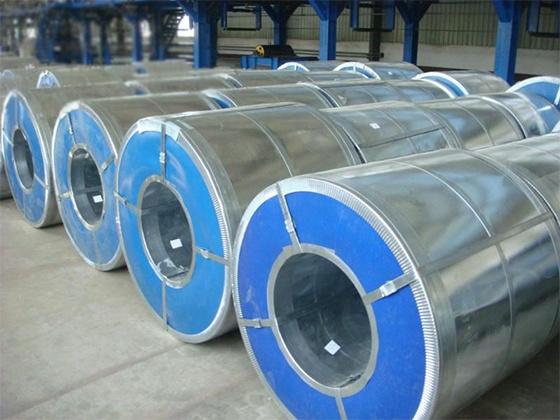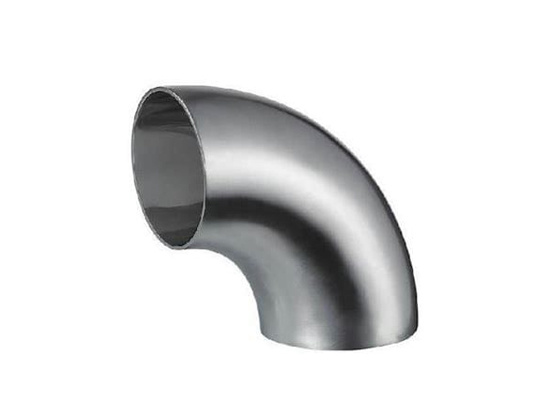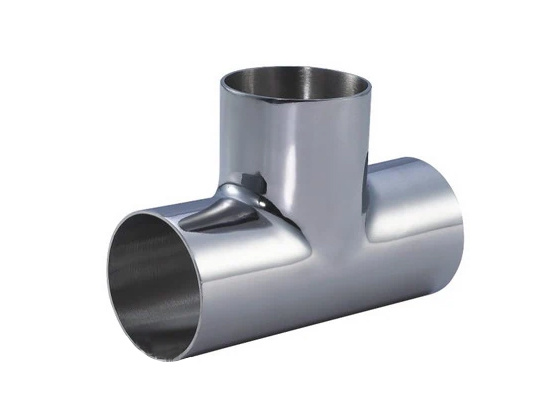Contact Us
E-mail:
sunjiyang@meidexiang.com
Tel/Wechat/WhatsApp:
+8618633701166
Tel/WeChat:
+86-13663271100
Address:
Hope New District, Mengcun, Cangzhou City, Hebei Province, China (East of Lijiapu Bridge, Cangyan Road 283)



Pipeline steel
- Product Description
-
Product Information
Pipeline steel is a kind of special steel used to transport oil, natural gas and other fluid media. It is mainly made into various types of pipelines, including long-distance land pipelines, submarine pipelines, etc. These pipelines need to withstand the pressure of internal fluids, the force of the external environment and other complex loads.
Performance requirements
High strength
In order to withstand high internal pressure, the pipeline steel needs to have high strength. For example, in some high-pressure oil pipelines, the yield strength of steel can reach more than 400MPa. In this way, it can be ensured that the pipeline will not rupture due to internal pressure when transporting a large amount of fluid.
Good toughnessToughness is an extremely important property of pipeline steel. It can prevent brittle fracture when the pipeline is subjected to impact (such as mechanical collision during construction or external impact caused by geological disasters such as earthquakes and landslides during service). Generally, the toughness is measured by impact test (such as Charpy impact test), which requires good toughness in a certain temperature range (including low temperature environment).
Good welding performance
Pipeline steel is usually connected into very long pipes by welding. Good welding performance can ensure the quality of welded joints and reduce welding defects. For example, its carbon equivalent needs to be controlled within a certain range, so that the probability of cold cracking can be reduced during the welding process, so that the welded pipeline can operate safely and reliably.
Corrosion resistance
Pipeline steel may be exposed to various corrosive environments, such as buried pipelines will be eroded by corrosive media such as moisture and salt in the soil, and submarine pipelines will be corroded by seawater. Therefore, the pipeline steel needs to have good corrosion resistance. The corrosion resistance can be improved by adding alloying elements (such as chromium, nickel, etc.) or using anti-corrosion coatings.
Production process
steelmaking process
First, iron is made to obtain molten iron, and then steel is made in a steel furnace (such as a converter or electric furnace). In the steelmaking process, it is necessary to strictly control the chemical composition and adjust the performance of the steel by adding various alloying elements. At the same time, it is necessary to carry out external refining to remove impurities (such as sulfur, phosphorus and other harmful elements) in the steel, because these impurities will reduce the toughness and corrosion resistance of the steel.
rolling process
Controlled rolling and controlled cooling (TMCP) process is usually used for pipeline steel. In the rolling process, the grain of the steel can be refined by controlling the rolling temperature, rolling deformation and other parameters. For example, rolling at a lower finishing temperature promotes the formation of acicular ferrite. The cooling rate after rolling is also critical, and the appropriate cooling rate can further refine the grain and improve the performance of the steel.
Application areas
Oil and gas transmission pipeline
This is the main application field of pipeline steel. In long-distance onshore oil and gas pipelines, pipelines made of pipeline steel can transport oil and gas from production sites to refineries or storage facilities. In terms of subsea oil and gas transportation, pipeline steel with high strength and good corrosion resistance can withstand seawater pressure and corrosion to ensure the safe transportation of subsea oil and gas resources.
Chemical medium transportation pipeline
It is used to transport various chemical raw materials and products, such as acidic, alkaline and other corrosive chemicals. Due to the diversity and complexity of chemical media, the corrosion resistance and stability of pipeline steel are required to be higher. It is necessary to select suitable pipeline steel materials and anti-corrosion measures according to specific chemical media.
Hot Tags:
Inquire Now
Note: Please leave your email address, our professionals will contact you as soon as possible!





